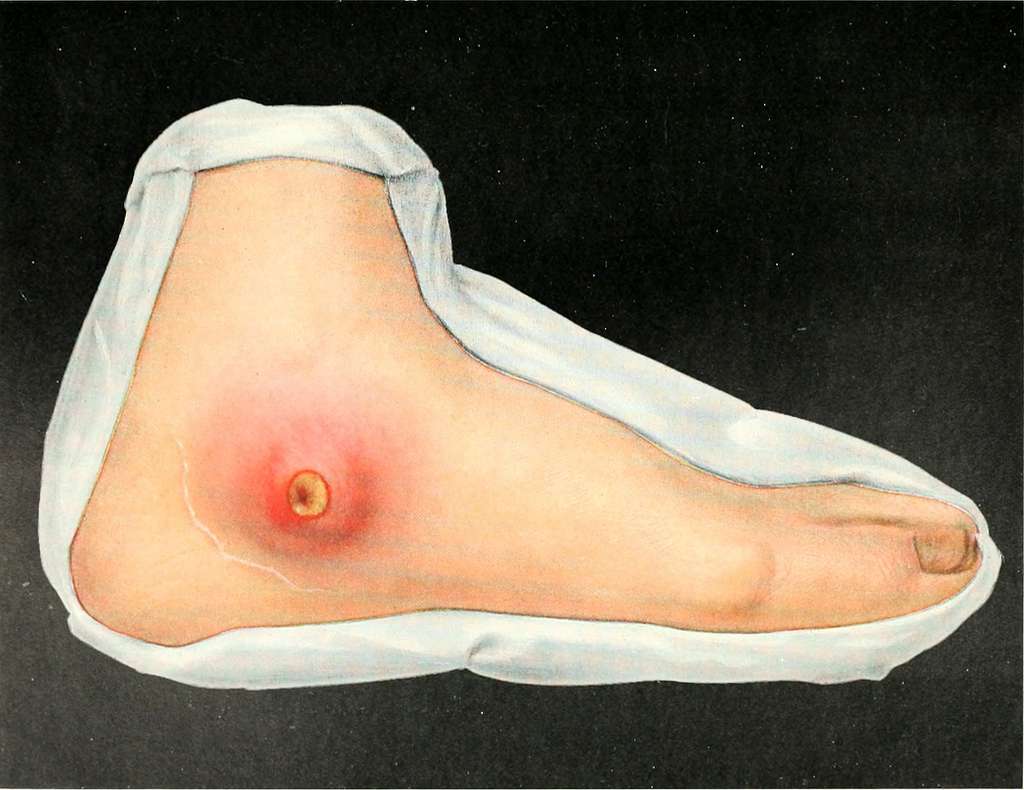Plantar fasciitis is one of the most common causes of heel pain, affecting the thick band of tissue (plantar fascia) that runs along the bottom of the foot. This condition typically results from overstress or repetitive strain, leading to inflammation or small tears in the tissue. Here is more information on how podiatry specialists diagnose plantar fasciitis and the methods they use to treat it:
Identifying the Condition
To diagnose plantar fasciitis, podiatry specialists begin with a detailed evaluation of the patient’s symptoms, medical history, and lifestyle. The most common symptom is heel pain, especially upon waking or after prolonged periods of standing or walking. Other indicators may include tenderness along the bottom of the foot or stiffness.
During a physical examination, the podiatrist presses on different areas of the foot to pinpoint the exact location of the pain. Evaluating foot mechanics, such as gait and arch structure, helps identify contributing factors like flat feet or poor footwear. Diagnostic imaging tests, such as X-rays or MRIs, may be used to rule out other conditions, such as stress fractures or heel spurs.
Exploring Treatment Options
Podiatrists offer several treatment methods to alleviate the pain of plantar fasciitis. The goal is to reduce inflammation, promote healing, and prevent further injury. Here are a few methods:
- Stretching and Physical Therapy: Regular stretching routines target the Achilles tendon and plantar fascia to improve flexibility and reduce tension. Physical therapists may employ specific exercises to strengthen stabilizing muscles in the foot and lower leg, which helps prevent recurrence.
- Orthotics and Supportive Footwear: Custom or over-the-counter orthotic insoles can redistribute pressure across the foot and provide added arch support. Supportive footwear equipped with cushioning and arch reinforcement is often recommended as part of an effective pain management plan.
- Conservative Treatments: Ice therapy, anti-inflammatory medications, or corticosteroid injections are commonly prescribed for short-term pain relief. Night splints, which stretch the plantar fascia overnight, can be effective for ongoing symptom reduction.
Understanding Advanced Approaches
If symptoms persist despite conservative measures, podiatrists may recommend advanced treatments tailored to the specific needs of the patient. These might include:
- Extracorporeal Shock Wave Therapy (ESWT): This non-invasive option involves using sound waves to stimulate healing in the affected area. It is particularly useful for chronic cases that have not responded to initial treatments.
- Platelet-Rich Plasma (PRP) Therapy: PRP therapy uses the patient’s own blood to accelerate tissue repair. A small amount of blood is drawn, processed to separate growth factors, and then injected into the damaged plantar fascia.
- Surgical Intervention: For severe or prolonged cases, surgical procedures may be necessary. Plantar fascia release involves making small incisions to relieve tension on the tissue. Post-surgery rehabilitation focuses on restoring mobility and reducing the risk of complications.
Learn More About Podiatry
Plantar fasciitis is a manageable condition with the right diagnosis and treatment plan. Through evaluation techniques such as physical exams and imaging, podiatrists determine the cause of heel pain while ruling out similar conditions. Stretching, orthotics, and other conservative treatments can often relieve symptoms effectively, but advanced interventions like ESWT or PRP therapy may be used for chronic or severe cases. Taking proactive steps to address plantar fasciitis early can lead to faster recovery and improved foot health. Seek professional guidance to develop a treatment plan tailored to your specific needs.

